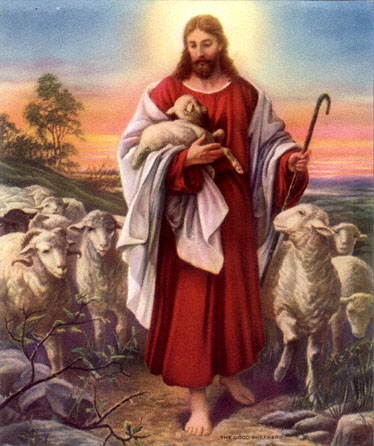
KINGDOM PRESENT - THE KINGDOM PARABLES
THE PARABLES OF THE HIDDEN TREASURE AND THE PEARL
44 “The kingdom of heaven is like treasure hidden in a field. When a man found it, he hid it again, and then in his joy went and sold all he had and bought that field.
45 “Again, the kingdom of heaven is like a merchant looking for fine pearls. 46 When he found one of great value, he went away and sold everything he had and bought it. (Matthew 13:44-6)
The kingdom of God really is available now!
It is hidden to non believers, and sadly, to most believers also. Many believers are even looking for it, for they are (incorrectly) taught that it is a future kingdom only.
If it were not available now, then why would Jesus have told these parables? Jesus, in fact, is talking in the past tense here, about two people who have actually already found the kingdom. So logically, it has to be there to be found!
The kingdom of God is priceless!
It is a treasure in the field; it is also the finest pearl the trader has ever seen.
It is easy for us to build a fantasy picture of what 'heaven' is like - fluffy angels and golden paving. Suspect it will be different when we do get there!
But it is even more difficult to envisage that this beautiful, precious kingdom could ever exist on earth, amongst all the troubles and challenges we are facing in the world, let alone imagine what it looks like!
In fact though the kingdom already exists in those who seek it. We may not be able to see it, but it is there, within.
20 Once, having been asked by the Pharisees when the kingdom of God would come, Jesus replied, “The kingdom of God does not come with your careful observation, 21 nor will people say, ‘Here it is,’ or ‘There it is,’ because the kingdom of God is within you.” (Luke 17:20-1)
However, in the end times this inner existence will be reflected outwardly also, in kingdom believers, in what is often called the 'double blessing'.
And I pray that you, being rooted and established in love, 18 may have power, together with all the saints, to grasp how wide and long and high and deep is the love of Christ, 19 and to know this love that surpasses knowledge—that you may be filled to the measure of all the fullness of God. (Ephesians 3:17b-19)
Imagine being filled with 'the fullness of God'!
I had an aunty, Aunty Ina, who suffered badly from arthritis in her later years. However she would still cook (which won my affection!), but my greatest memory is of her sitting by the fire with her Bible by her side. In spite of her pain, the glow of the Holy Spirit shined from her. The kingdom within, was seen without!
The kingdom costs us everything!
The first man sold all he had, the second, all his precious pearls, in order to buy, (to inherit) the kingdom. To participate in the glory of the kingdom costs us our all. For we cannot live in two kingdoms at the same time. Either we live in the world (follow the ways of the world while maybe acknowledging Jesus as Saviour) or commit our lives 100% to Him (making Jesus Lord of our lives). Jesus spoke in this way as He prayed for His disciples at Gethsemane;
14 I have given them your word and the world has hated them, for they are not of the world any more than I am of the world. (John 17:14)
The kingdom costs everything, for as black is the opposite of white, so true kingdom believers will reflect the light of Jesus to the world, who will either accept or reject the light.
8 For you were once darkness, but now you are light in the Lord. Live as children of light 9 (for the fruit of the light consists in all goodness, righteousness and truth) 10 and find out what pleases the Lord. 11 Have nothing to do with the fruitless deeds of darkness, but rather expose them. 12 For it is shameful even to mention what the disobedient do in secret. 13 But everything exposed by the light becomes visible, 14 for it is light that makes everything visible. This is why it is said: “Wake up, O sleeper, rise from the dead, and Christ will shine on you.” (Ephesians 5:8-13)
Are you, am I, prepared to pay the price of the kingdom?

